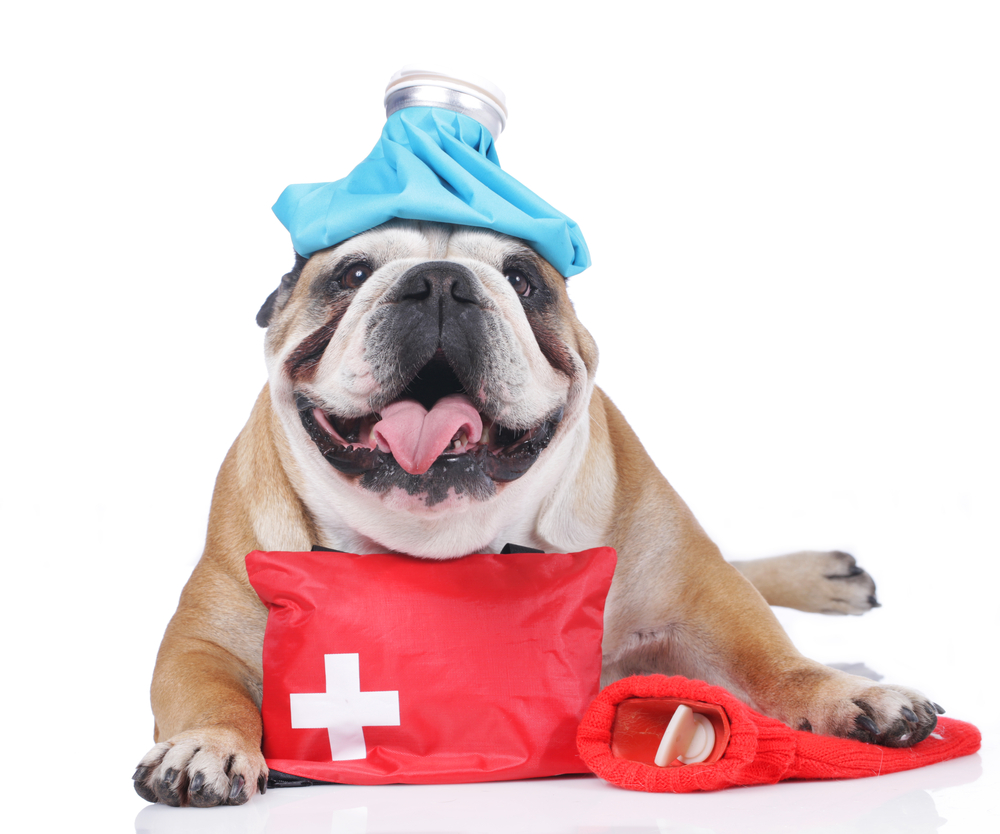What To Do During A Pet Emergency
August 24, 2022

Pet emergencies come in all shapes and sizes and being able to recognize and act upon abnormalities in your pet’s behavior can improve their health immeasurable. But what exactly is a pet emergency and how can you be prepared should one arise? We have compiled our top tips on how best to address a pet emergency so that, should one occur, you are capable of providing your pet with care and support.
How To Identify A Pet Emergency
As a compassionate pet owner, you know your pet the best. Any situation in which you are concerned or worried about your pet’s wellbeing is a situation worth consulting your vet about in order to keep your pet in good health. Some situations, however, may be able to wait until a standard appointment with your vet. To give you an idea of what constitutes as an emergency, we have listed some examples of pet emergencies below:
Allergic reactions/suspected poisoning
Seizures/fits
Heatstroke
Fractured/broken/dislocated bones
Excessive vomiting/diarrhea
Refusal to eat/drink
Unconsciousness
Severe burns/open wounds
Road traffic accidents
Choking/difficulty breathing
Birthing complications
Of course, this is not an exhaustive list and cases similar to this, or any situation in which you suspect your pet is showing largely abnormal behavior, could be considered a pet emergency.
What Steps To Take During A Pet Emergency
Making sure your pet is comfortable or in a stable condition is crucial in a pet emergency. Some cases may require initial first aid care to be administrated before you are able to contact your vet.
Calling your vet as soon as possible is the most important thing to do during a pet emergency. Whether this may be your regular vet, or an out-of-hours emergency clinic, a vet will be able to give you the most useful advice pertaining to your pet and their current state. Ensure that you remain calm, and clearly communicate to your vet the nature of your pets condition, how long they have been showing signs of distress and any other relevant details. The more information you are able to provide, the more useful advise and treatment your vet provides will be.
From here, your vet will direct you on how to proceed – whether that may be to bring your pet in for immediate treatment, or to make them comfortable until a standard appointment is available. Take care when transporting your pet, particularly in cases of suspected broken, fractured or dislocated bones as to prevent more harm to your pet. In these cases, your vet will likely give advice on how to best move your pet, but if you are worried about any aspect of care for your pet, ensure you ask for guidance.
How To Best Prepare For A Pet Emergency
Staying prepared for a pet emergency can be extremely helpful in the case where one may arise. For example, keeping a fully stocked first aid kit and being knowledgeable in basic first aid can make a huge difference if you find yourself in an emergency situation. Ensuring you have the contact details and addresses of your usual clinic and a local emergency clinic on hand can save time in an emergency situation, as you may need to get in contact with them as soon as possible. The best way, however, to be prepared for n emergency situation is to know your pet; being familiar with their behavior, any pre-existing medical conditions and their eating habits can make it much easier to identify a pet emergency, should one occur.
For more information about what to do in a pet emergency, call Loan Oak Animal Clinic at (270) 554-0385 to reach our office in Paducah, Kentucky.


